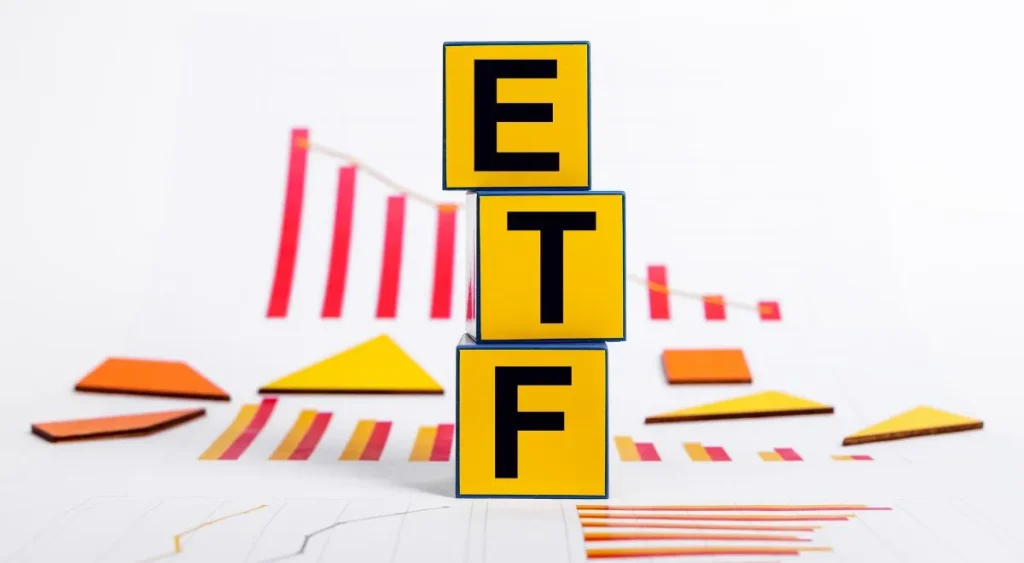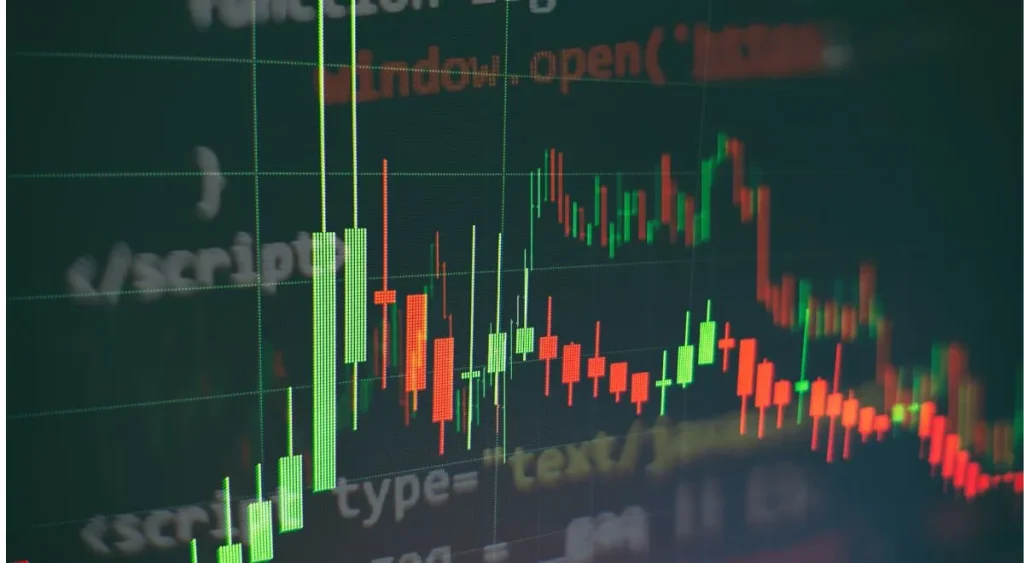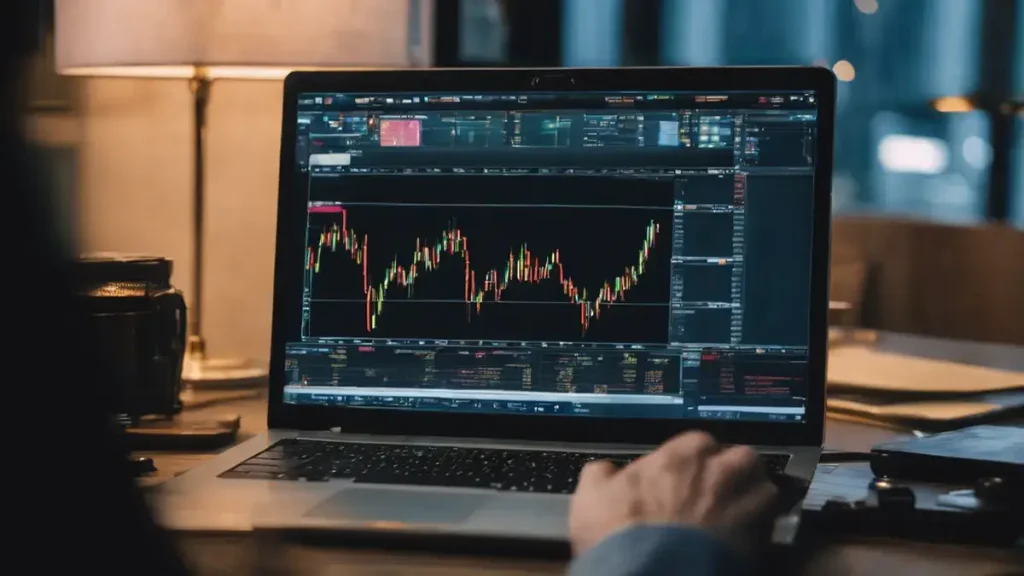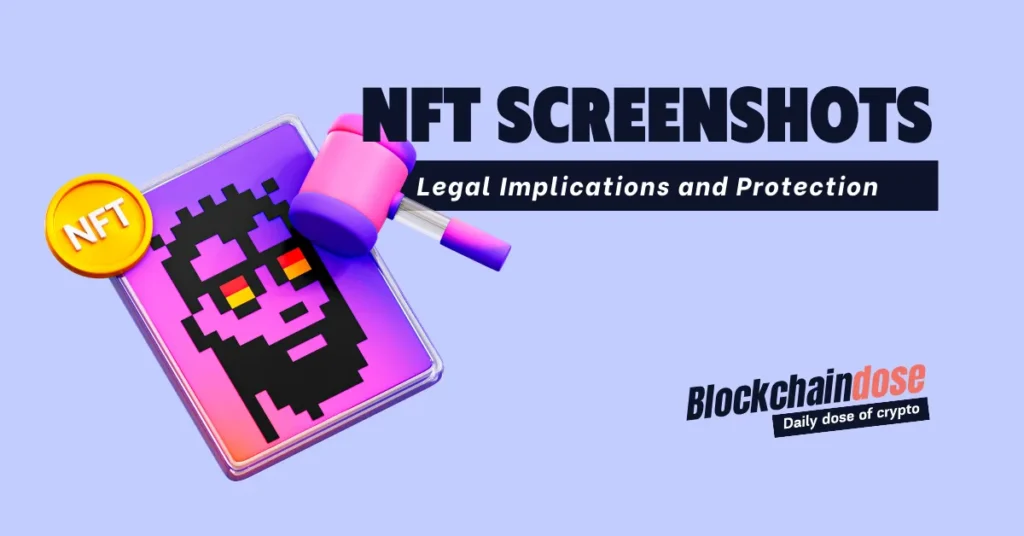In recent years, the world of finance and investing has witnessed the rapid rise of two notable innovations: Non-Fungible Tokens (NFTs) and Exchange-Traded Funds (ETFs) tailored to blockchain and digital asset sectors. While both concepts have garnered significant attention in their own rights, a fusion of the two, is known as NFT ETFs. Let’s delve into NFT ETFs and explore their potential impact on the future of investing.
Understanding the Building Blocks: NFTs and ETFs
Before diving into NFT ETFs, it’s crucial to understand their components.
Non-Fungible Tokens (NFTs)
- Unique digital assets representing ownership of specific items
- Built on blockchain technology
- Can represent digital art, collectibles, virtual real estate, and more
- Each NFT is distinct and non-interchangeable
Exchange-Traded Funds (ETFs)
- Investment funds traded on stock exchanges
- Hold a basket of assets (e.g., stocks, bonds, commodities)
- Provide diversification and liquidity
- Typically track an index or sector
What Are NFT ETFs?
NFT ETFs are a novel investment product offering exposure to the NFT market through a single, tradable security. Unlike traditional ETFs that invest directly in underlying assets, NFT ETFs typically invest in companies involved in the NFT ecosystem. This approach allows investors to capitalize on the NFT trend without directly owning or managing individual NFTs.
Key Characteristics of NFT ETFs
- Diversified exposure to the NFT market
- Traded on traditional stock exchanges
- Regulated by financial authorities
- Potential for liquidity and ease of trading

NFT ETF Investment Strategies
NFT ETFs can follow different strategies, including:
- Investing in NFT-Related Companies
Some ETFs invest in companies connected to the NFT market. This includes platforms that buy and sell NFTs or businesses building blockchain technology for NFT transactions. - Directly Holding NFTs
Although less common, some ETFs may directly hold NFTs. This approach has challenges because it can be hard to value and manage unique digital assets in a fund.
Diversification
NFT ETFs aim to spread risk by investing in multiple companies involved in the NFT ecosystem or holding different NFTs. This strategy helps reduce the risk of losses by not depending on one asset.
Accessibility and Liquidity
NFT ETFs are traded on regular stock exchanges, making them easy for many investors to access without dealing with the technical side of buying or storing NFTs. Plus, they offer liquidity, meaning investors can buy or sell shares during trading hours at market prices.
Regulation
NFT ETFs are regulated by financial authorities, offering investors a layer of protection.

Benefits of NFT ETFs
Investing in NFT ETFs offers several benefits:
- Accessibility: Provides an easy entry point for traditional investors into the NFT market
- Diversification: Spreads risk across multiple NFT-related assets
- Liquidity: Offers the ability to buy and sell shares easily on stock exchanges
- Regulatory Oversight: Provides investor protections typically associated with regulated financial products
- Simplified Exposure: Eliminates the need to understand the technicalities of buying and storing NFTs
Risks and Challenges
While NFT ETFs offer exciting opportunities, they also come with risks:
- Market Volatility: The NFT market is known for rapid price fluctuations
- Indirect Exposure: Investors don’t own NFTs directly, potentially missing out on individual NFT value appreciation
- Emerging Sector Risks: The NFT market is still in its infancy and faces regulatory uncertainties
- Limited Track Record: Most NFT ETFs are relatively new, with limited performance history
The Future of NFT ETFs
As the NFT market continues to evolve, we can expect to see further innovations in NFT ETFs:
- Direct NFT Holdings: Future ETFs may find ways to hold and manage a portfolio of actual NFTs
- Specialized NFT ETFs: Funds focusing on specific NFT categories (e.g., digital art, virtual real estate)
- Increased Institutional Adoption: More institutional investors may enter via NFT ETFs as the market matures
- Improved Valuation Methods: Development of sophisticated techniques for valuing NFT-related assets
Final Words:
NFT ETFs offer an innovative way for investors to participate in the dynamic and quickly changing NFT space without having to deal with the intricacies of the NFT market firsthand. NFTs offer accessibility and diversification, but because of their natural volatility and uncertainty, prospective investors should move cautiously, equipped with a firm grasp of their investing goals and risk tolerance as well as a detailed understanding of the market. Do your homework, understand the workings, and set reasonable goals. Think about the overall portfolio mix, your investment objectives, and your risk tolerance. Perhaps the upcoming major trend is NFT ETFs, but a smart journey starts with a properly educated step.




